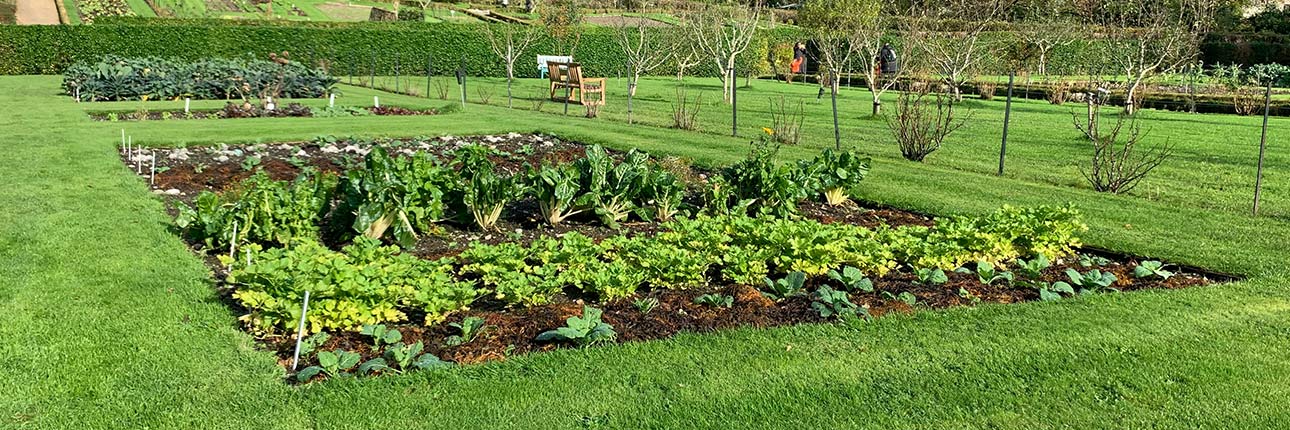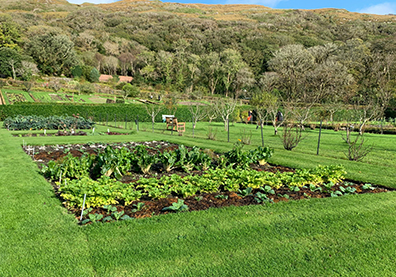We use cookies to make your experience better. To comply with the new e-Privacy directive, we need to ask for your consent to set the cookies. Learn more.


Tips for a greener lifestyle
With it being Earth Day last week and the deadline for the ban of new fuel-powered vehicles edging ever closer, we're taking a look at all the ways we can lead a more sustainable existence. It's not something that will happen overnight; it's all about creating new habits. From making small changes around the home to swapping your combustion engine for an electric battery, these are the best tips for living a greener lifestyle.
Meal plan and reuse leftovers
The great thing about some sustainability tips is that they can also save you money, and this is one of them. Plan your meals for the week and note down exactly what ingredients you need. When you do a food shop, make sure you only buy what’s on your list. This will both be kind to your wallet and significantly reduce the amount of food waste you produce.
If you do have any leftovers, you don’t have to bin them! If you’re able to, compost them at home, or even better, reuse them. Love Food Hate Waste is a great website that offers a range of alternate recipe ideas for your leftovers, all you have to do is type in what food you have to work with! It also advises the best way to store your food to ensure maximum shelf life, again reducing the amount of food waste.
Grow your own food
Growing your own fruits and vegetables means you avoid the fuel-intensive processes of commercial farming, which significantly contribute to carbon dioxide emissions. Additionally, it minimises the use of pesticides and fertilisers. Since your produce is grown locally, it doesn't require transportation from other countries, further reducing CO2 emissions.
Adopt flexi-eating
A 100% plant-based diet isn’t for everyone but you can incorporate it into your normal diet on a semi-regular basis to make a difference. Committing to a flexitarian diet can reduce greenhouse gas emissions, and the more meat-free days you introduce, the better.
You don’t have to go from carnivore to vegan. Introducing one meat-free day a week can make a difference, or cutting down on meat-portions in your meals.
Avoid single-use plastics
Buying reusable water bottles and coffee cups can be a significant way of reducing your carbon-footprint, especially if you visit a coffee shop most days. Do you usually pop your lunch in cling film or a plastic zip-lock bag? Why not invest in some beeswax food wraps as an alternative.
There are a load of refill shops around now where you can purchase items like loose grains, nuts, spices, even freshly made peanut butter! You can also fill up your washing liquid, laundry detergent, shampoo, conditioner, and lots of other household products. Or try out shampoo and conditioner bars which usually come wrapped in paper.
These are just a small number of different ways you could avoid the use of single-use plastics.
Conserve water
Here’s a number of ways you could conserve water:
- Take a short shower – use a timer to make sure you don’t go over five minutes.
- Get a water butt to collect rain water – this is ideal if you have lots of plants to water.
- Fill the kettle less – only fill it up with the amount of water you need, otherwise it’ll take longer to heat up and you won’t even need all the water you’ve just boiled.
- Have a leaky tap? Get that fixed as soon as possible.
- Don’t half fill your washing machine or dish washer.
Buy local
We’re unbelievably lucky to live in Devon, where the produce is second to none. Buying local not only reduces your carbon footprint, it supports local farmers, ensuring the continuation of production. Contributing to the sustainability of our local communities has a much bigger impact than you’d think.
Organise your bins
It can be confusing to stay on top of bin days and what can go in what bin, so it’s worth taking half an hour to incorporate a bit of organisation. Visit your local council’s website to find out what materials can go in what bin, and create a ‘cheat sheet’ to ensure the whole household is recycling properly. Identify where your nearest TerraCycle recycling points are too.
Check your plugs
Another money-saving sustainability tip, checking your plugs and switches is an important one. Make sure lights are turned off in unoccupied rooms, fully charged devices are unplugged, and games consoles are switched off when not in use. Try to cut down on your shower time, and don’t leave the tap running when you’re brushing your teeth.
Invest in slow fashion
Fast fashion is arguably cheaper, but that’s due to a number of reasons involved with its production, including ‘quantity over quality’. There are many ethical issues with the production of fast fashion, and once it’s been bought it doesn’t generally have a long shelf life. It’s worth spending a little more money on items of clothing that are of decent quality, are produced ethically, and which will last you many years. Set yourself a challenge of investing in a decent article of clothing once every three months, to eventually replace your fast-fashion-filled wardrobe with sustainable and long-lasting pieces.
Go electric
With just over 10 years until the ban on the sale of new fuel-powered cars, it won’t be long until we are all driving electric cars, but why not get ahead of the curve? Electric vehicles have now been around long enough to advance in technology, with almost every brand offering an electric model in their range. Whether you’re after something sporty and sleek or practical and convenient, there’s an electric car for you.
